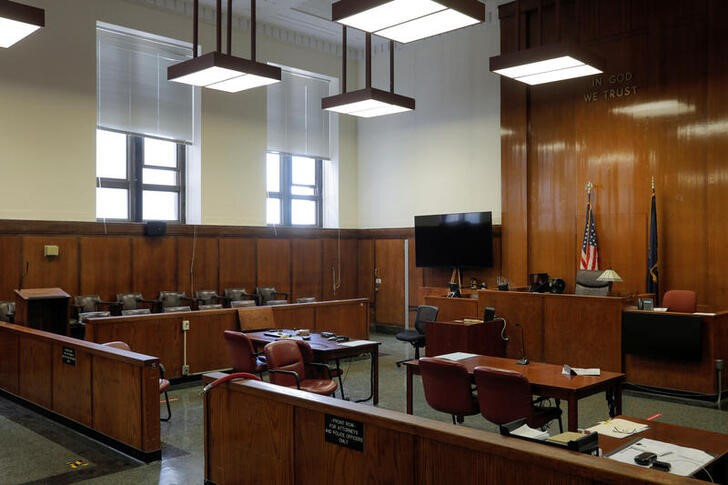The District Court, also known as the trial court, is a type of court found in the United States federal court system as well as in most states and territories. The District Court is the first court that hears and decides cases in both criminal and civil matters, and is often considered the backbone of the American legal system.
Function and Purpose:
The main function of the District Court is to hear and decide cases that arise under federal law or the U.S. Constitution, including both criminal and civil cases. The District Court handles a wide range of cases, including but not limited to criminal prosecutions, personal injury lawsuits, employment disputes, and intellectual property disputes.
The District Court serves an important purpose in the American legal system, as it provides individuals with access to justice by allowing them to file their claims in a local court. This creates a more accessible, efficient, and less costly system for litigants as compared to filing cases in a higher court, like the Supreme Court.
Structure:
The United States District Court exists in each of the 94 federal judicial districts. Each district court is comprised of a single judge, and has jurisdiction over the geographic area for which it is responsible. Each district court also has a clerk, whose function is to maintain case files, records of proceedings, and a calendar of scheduled hearings.
Jurisdiction:
The District Court has jurisdiction over both “diversity of citizenship” cases and cases arising under federal law or the U.S. Constitution, as well as cases that arise under state law where there is concurrent federal jurisdiction. The diversity of citizenship cases are those filed between citizens of different states, where the amount in controversy exceeds a constitutionally-mandated minimum amount ($75,000).
In addition to federal jurisdiction cases, the District Court also has jurisdiction over certain non-criminal cases, such as immigration matters, bankruptcy cases, and habeas corpus petitions – petitions alleging that a person’s detention is unlawful.
Procedure:
Litigants who file cases in the District Court must follow a specific set of procedural rules. These rules dictate how legal proceedings should be conducted, and ensure that the legal process is fair, efficient, and transparent.
The Federal Rules of Civil Procedure and the Federal Rules of Criminal Procedure govern the procedures of the District Court. Litigants are also required to comply with other court-specific rules that vary from district to district.
Trials in the District Court are conducted by a single judge. In criminal cases, the defendant has a right to a trial by jury if the case involves a serious crime. In civil cases, the parties involved can request from the court to carry out a jury trial, which is the selection of a panel of jurors who then listen to the arguments of both parties and deliver a verdict.
Conclusion:
The District Court plays a critical role in the American legal system. It provides litigants with access to justice, ensures fairness in legal proceedings, and helps to maintain social order. By serving as the primary forum for resolving disputes, the District Court helps to preserve the rule of law and promote equality under the law.
Disclaimer
6do Encyclopedia represents the inaugural AI-driven knowledge repository, and we cordially invite all community users to collaborate and contribute to the enhancement of its accuracy and completeness.
Should you identify any inaccuracies or discrepancies, we respectfully request that you promptly bring these to our attention. Furthermore, you are encouraged to engage in dialogue with the 6do AI chatbot for clarifications.
Please be advised that when utilizing the resources provided by 6do Encyclopedia, users must exercise due care and diligence with respect to the information contained therein. We expressly disclaim any and all legal liabilities arising from the use of such content.













